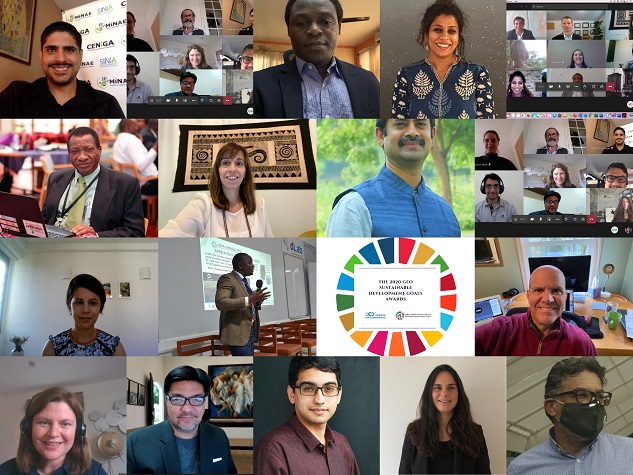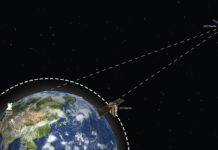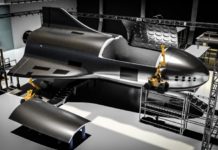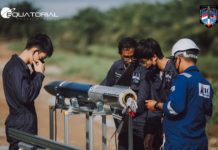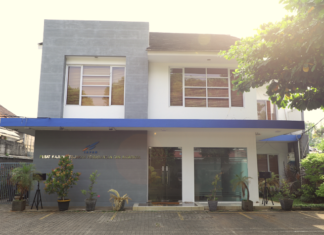CirroLytix Research Services, a Philippines-based startup that aims to create social impact through big data, has won an award in the 2020 Group on Earth Observations’ Sustainable Development Goals (GEO SDG) Awards in the Sectoral category, For-Profit.
One of the company’s flagship projects is The Advanced Early Dengue Prediction and Exploration Service (Project AEDES), which combines digital, climate, and remote sensing to nowcast dengue trends and detect mosquito habitats to help pre-empt cases of dengue. Project AEDES process leverages normalized difference vegetation index (NDVI), Fraction of absorbed photosynthetically active radiation (FAPAR), and normalized difference water index (NDWI) readings from the satellites Landsat and Sentinel-2, to estimate still water areas on the ground, which is correlated with dengue case counts from national health centers.
Dominic Vincent “Doc” Ligot, co-founder and chief technology officer of CirroLytix, describes Project AEDES as an “early detection of panics from online searches, anticipating case counts from environment readings, but most importantly pinpointing hotspots from mosquito habitat detection.”
Project AEDES was inititally developed during the 2019 National Aeronautics and Space Administration’s (NASA) International Space Apps Challenge, where it won the Best Use of Data prize.
This year, during the 2020 rendition of NASA’s challenge, the company won again in the same category – this time with GIDEON, which stands for Global Impact Detection from Emitted Light, Onset of Covid-19, and Nitrogen Dioxide. GIDEON utilizes satellite detection of night lights and nitrogen dioxide, along with newsfeeds, coronavirus infection data and mobility data. The GIDEON team envisions that the app can be used to measure the risk and sustainability of post-lockdown economic recovery across the globe, and look at how countries’ pandemic and environmental management tactics balance with that recovery.
The Space Apps lead organizer in the Philippines, Michael Lance M. Domagas, appeals support for these Filipino winners. “How many times should these Filipino innovators and achievers need to win before being recognized and appreciated by our own country? To be recognized by not just one, but five space agencies is something has not yet been achieved by Filipinos, how much more of a multitude of countries and nations supporting the sustainable development goals of the United Nations?”
He added that “The dengue epidemic and the COVID-19 is a real threat to the Philippine society right now, endangering health, well-being, livelihood, and most especially businesses and the national economy. If we could only learn how to give value to science, technology, mathematics, and engineering (STEM), the possibilities are endless. Our Filipino winners of Space Apps and GEO SDG Awards have taught us on how these space technologies greatly help in addressing epidemics and economic impact of COVID-19, its time to give them recognition and respect because they are Filipinos like us.”

